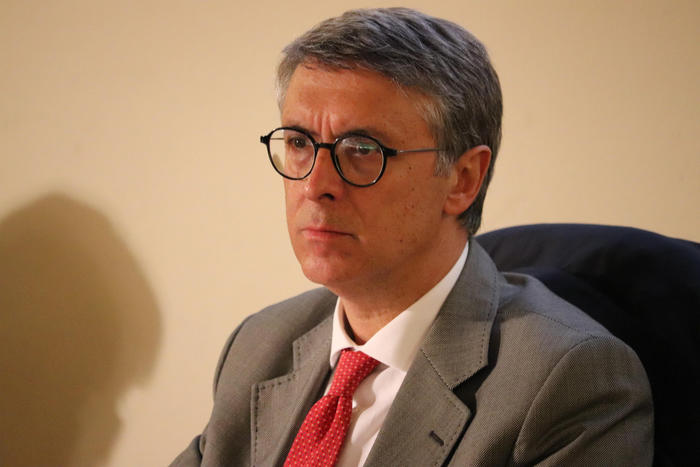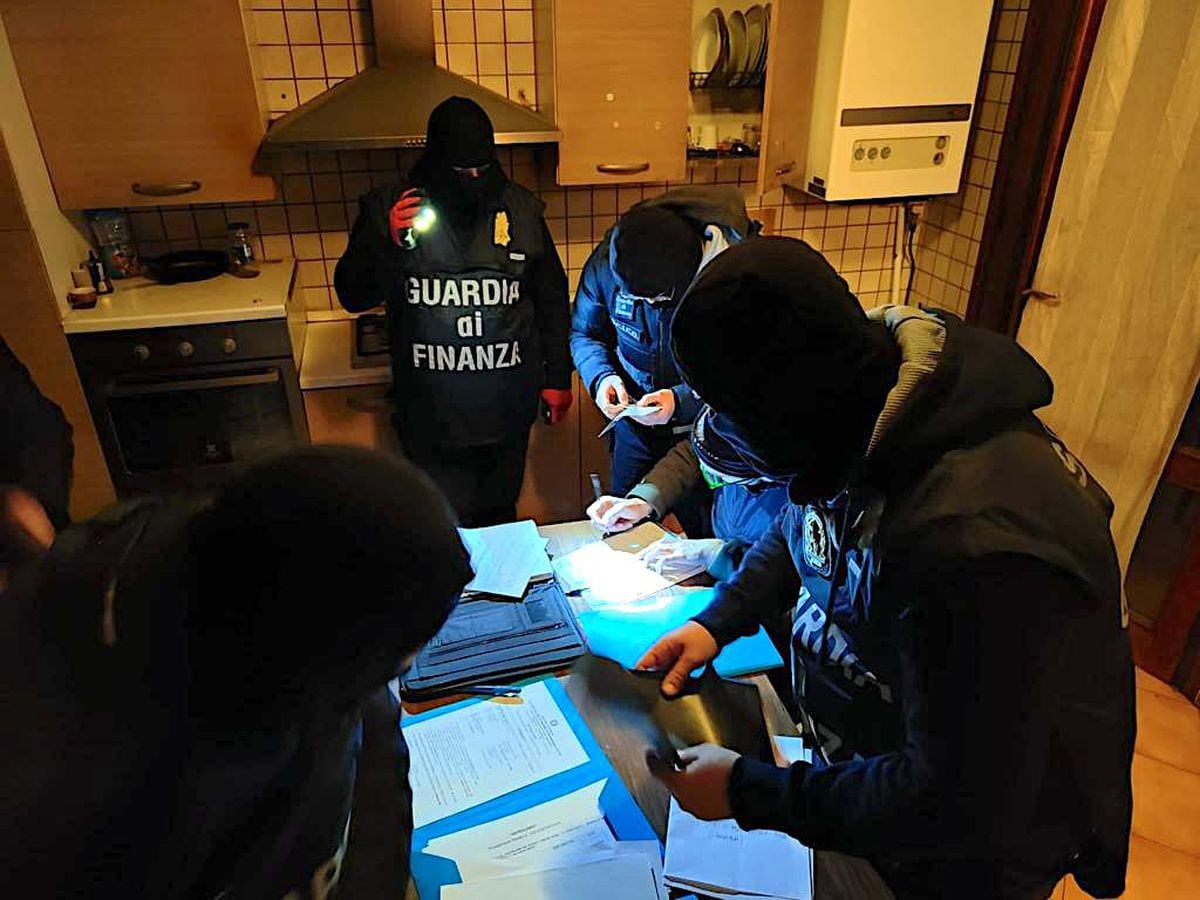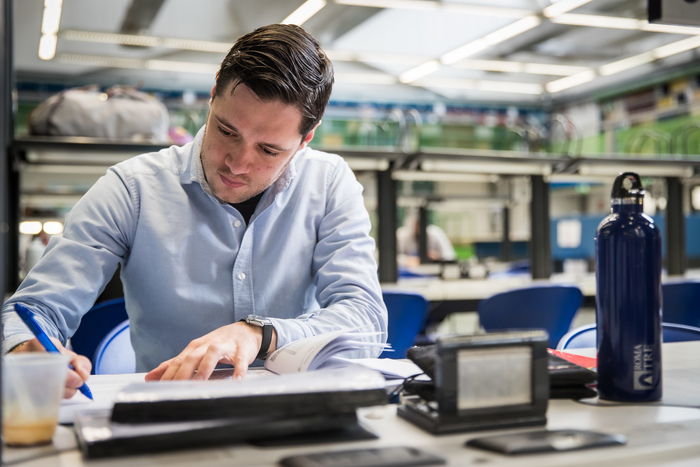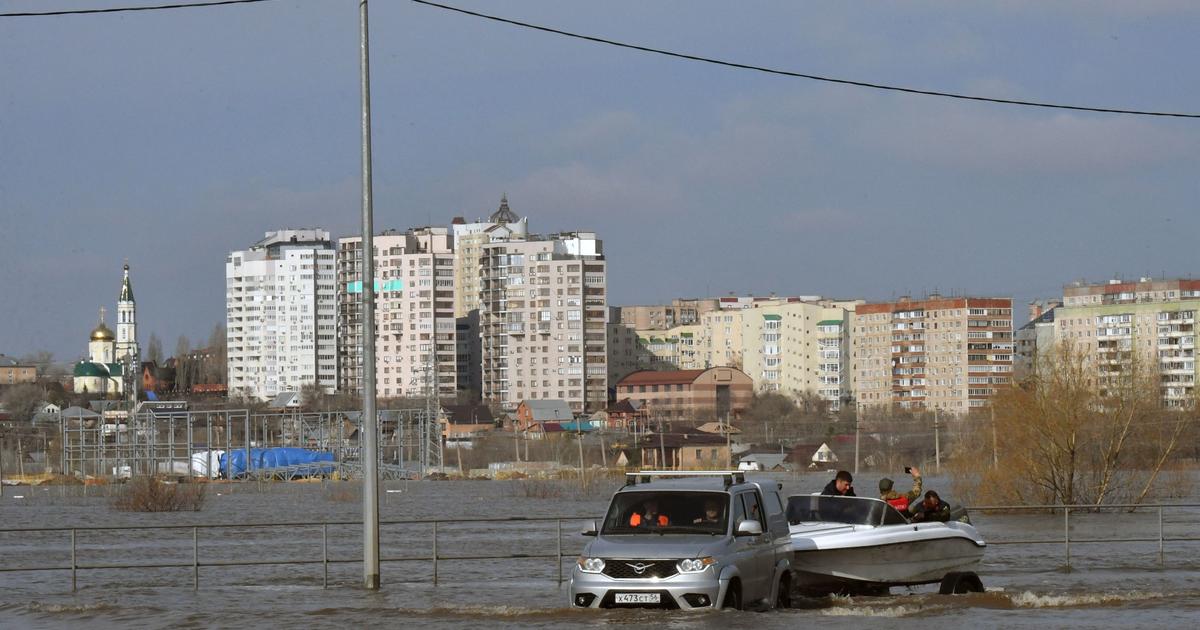Corruption is too often perceived as helpless, it doesn't hurt entire communities and territories, it doesn't kill anyone.
Indeed, the corrupt, the corrupter are smart to survive in a world made up of taxes and levies.
What is missing is the shot against the mafias, the cultural change necessary to perceive it and recognize it as a real crime that kills the future of all, while enriching the present for a few.
The mafia expert,
Sergio Nazzaro
, interviewed - for
Eurispes
-
Raffaele Cantone
, who in addition to being a magistrate is an essayist and academic. After years at the District Anti-Mafia Directorate of Naples, he works at the Office of the Massimario of the Supreme Court of Cassation, from 2014 to 2019 he was President of the National Anti-Corruption Authority, in 2020 he was appointed by the CSM Public Prosecutor in Perugia.
Corruption and mafias, these two concepts that weigh on our civil society and the country's economy, how much are they linked and how much do they feed each other, but above all are both really perceived in their gravity?
Corruption and mafias are two concepts that refer to two criminal realities that are and remain different from each other, but which in any case have significant overlapping areas. The mafias, in fact, need for their existence to intertwine relations with the legal economy and politics. Above all, the current mafias prefer to increasingly use corruption rather than intimidation to achieve their ends. Buying an official can, in fact, be more advantageous for the mafias because in this way they ensure their loyalty. The presence and strength of the mafias therefore increase the risks of corruption and, on the other hand, the willingness to corrupt ends up facilitating the mafias. Underestimating corruption, considering it, after all, a system that makes the economy run risks, indirectly,to strengthen the mafias.
There is a problem that is little addressed, or when a mafioso has served his detention period, even a long one, and returns to his own territory. You have carried out high-profile investigations, especially against the Casalesi clan, the La Torre di Mondragone clan, but decades have passed. What danger are the territories actually facing, is a return to the past possible?
The mafioso who has not repented tries, in every way, to maintain relations with his territory and when he returns there he wants to resume his place in the criminal hierarchy and start managing illicit business again. The long detentions that today follow the convictions for mafias mean, however, that the external context is, at the moment of the recovery of freedom by the mafia, very different and the danger is, more than the return to the past, that of opposition violent with the groups that in any case have occupied the empty spaces. It is also necessary to underline how many times, after having served their sentence, the mafiosi return to territories that have regenerated themselves also through the action of civil society, territories where it becomes much more difficult to act, because that climate of fear and silence no longer exists.
We have repeatedly argued about their economic influence in Europe. His investigations in the late 1990s and early 2000s already demonstrated the existence of mafia capital in various European countries.
The La Torre di Mondragone clan invested permanently in the nineties in Scotland where they had their own dense network of interests, as well as in Holland. The Casalesi clan invested permanently in Romania, Hungary and Germany. We are talking about only two of the main Camorra clans of the Caserta area, so it is easy to imagine the turnover of illicit capital that has more or less consciously invaded European countries. This is a fundamental point to underline continuously, because mafias are transactional, they invest regardless of geographical borders and there is no country, territory that can be said to be immune, in Italy or in the world. Continued anti-mafia tension is needed as well as continuous sensitivity to protect the healthy economy that produces jobs,because the first victim is the economy that allows the development and wealth of a territory.
There is a lot of talk about the infiltration of the mafia into the economic system, even if, in my opinion, their presence is a stable one; how is this contamination prevented? The subject of the dispute is the Procurement Code that many see as cumbersome, others ask for less controls, how do you get out of this stalemate?
The mafias have in their DNA that of infiltrating the legal economy; they need it to reinvest the illicit proceeds and to multiply them. Control of the legal economy also means social control and the possibility of influencing politics. To prevent this, we must not let down the guard of preventive checks. The mafias are very good at taking advantage of emergencies and exceptions to the rules. As for the Procurement Code, I believe that the excess of rules and therefore of bureaucratic complications constitutes a negative fact because it does not allow the works to be carried out and because the excess of complication can itself be an incentive to corruption. We need to find a happy medium but we need to avoid even more what has happened in recent years and that is to continually change the procurement rules.The bureaucracy becomes disoriented and is no longer able to give answers.
In the immediate future we will have the Recovery Plan funds available, over two hundred billion euros for our economy. Two challenges arise: to ensure that organized crime does not take advantage of it and, on the other hand, to move quickly, can the Italian system succeed this time?
What awaits us with the Recovery funds is unprecedented and it is difficult to predict. The risks, however, that crime can take advantage of are enormous because the idea that you have to spend without posing too many problems is passing by, considering the rules a hindrance, as always. Deregulation is the situation that the mafias prefer because they can use their ability to "convince", that is, intimidation and corruption. We must have the courage to say it clearly: the Recovery Fund is a great opportunity for the country, but it can become a huge risk and it can be the opportunity that the mafias are waiting for to take their revenge against the institutions. And the deep crisis of the social anti-mafia (unfortunately under all eyes) can be a further advantage for the mafias.
You have seen the face of organized crime from the nineties to today, what traits would you define as the most dangerous, what evolutions do you consider to be the future challenges that we must face already in the immediacy of the present?
The thing that worries me most is the ability of the new mafias to blend in; more and more capable of occupying the gray area and appearing without a cap and shotgun, but with a tie and grisaille. A mafia that worries less even a distracted public opinion, because it is evidently taken by the problems that the pandemic is posing us every day.





/cloudfront-eu-central-1.images.arcpublishing.com/prisa/MDDZP2GY4JH33JWLQTLLTJER6A.jpg)


